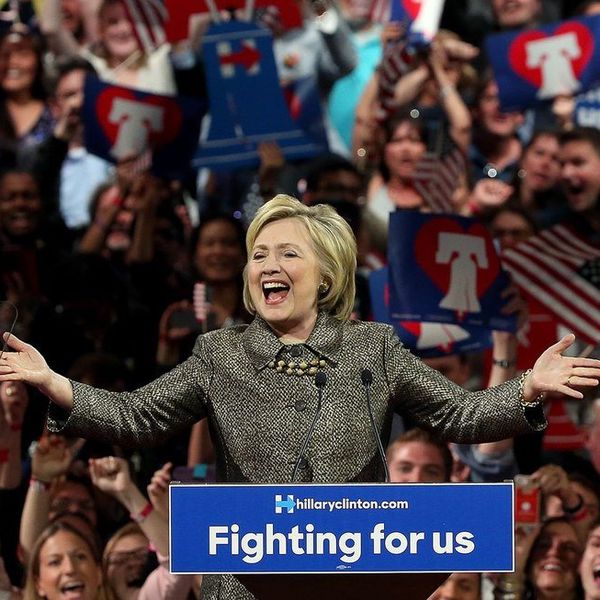After the third and final presidential debate, many were shocked at Hillary's attack on Trump when speaking about Russia. She called him a puppet of the current Russian president, Vladimir Putin. Trumps response to this biting attack was simple, he believes Putin doesn't respect Hillary. He ultimately thinks the best way to deal with Russia is to negotiate with them while Hillary on several occasions uses a more aggressive rhetoric; creating no fly zones in Syria and threatening 'serious' military and economic offensives to Russian aggression.
These are both very different views on U.S. relations to Russia, but both have several consequences that could be positive or negative. To understand each of their policies and the outcomes that may occur if they are enacted, we must take a look at Russia's actions in the past few years.
Russia is currently facing a massive recession with little to no hope of escaping due to issues such as their decreasing population and not enough government policies promoting a free market. Putin also went under fire after a third presidential election that was riddled with accusations of fraud. With a country filled with social and political unrest, Moscow needed a way to boost not only support for the government but also revitalize Russia's importance in the world. Since Putin's election, Russia has annexed Crimea, involved itself in Syria, and has backed several cyber attacks against the U.S.
Russia has made it difficult for the U.S.'s foreign policy in the middle east and other regions of the world to challenge the West directly and to reinforce its prominence in the globe.
Now, Hillary's rhetoric to contain Russian expansion isn't without reason. Russia's continued obstruction of U.S. interests on top of direct human rights violations in Aleppo could easily justify an acute response to Moscow. Recognizing how weak Russia's economy currently is, Putin may have no choice but to heed to the U.S. if such responses are taken. But we are currently closer to a second Cold War than any other time since the dissolution of the Soviet Union. Tensions are extremely high with economic sanctions on Russia, U.S. ally Turkey shooting down Russian jets, government-backed cyber attacks, and the complications of interests in Syria and Yemen. If Russia feels cornered and decides to fight back with no restraint, we could be looking at another World War on a scale grander than the previous two.
Trump, on the other hand, is more relaxed when it comes to dealing with Moscow. He often asserts that cooperating with Russia is the best way to ease relations with them rather than trying to strong arm Putin into submission. If he could make trade deals alongside military agreements to fight terrorism, this may seem like a great option. There are some stark issues with this approach also. It would lead to Russia's aggression and crimes going unchecked. Also, this would mean Putin gets what he wanted all along: the recognition of Russia's geopolitical prominence by the West.
It's also worth noting that Trump has threatened to leave NATO, an international military treaty signed by several countries which asserts military aid or protection if any of the countries on the treaty are attacked. The treaty was purposely designed to counter Soviet expansion in post-world war two Europe. While Trumps claims that several countries do not pay their fair share in the settlement, it's prominence as a geopolitical buffer against Russia. If the U.S. were to withdraw from NATO, it could easily provoke a Russian invasion of one of the Baltic states.
https://www.youtube.com/watch?v=7J39jwkNrKQ
To say that both plans are flawed is an understatement. Their stance on Russia is as important just as relevant as their quarrels over immigration and economic growth. Putin has strategically put the United States in a difficult spot and whoever is elected this November while have to make some tough choices when dealing with the Russian president.






















